Looking for a good western movie? Look no further, because Fresh Tomatoes has put together a list of the 10 best westerns movies available to watch right now, ranked according to the Tomatometer.
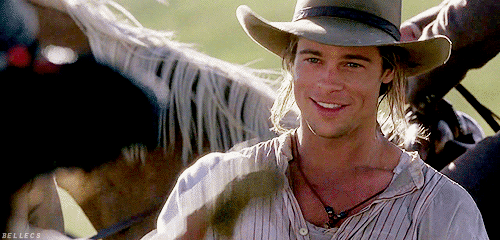

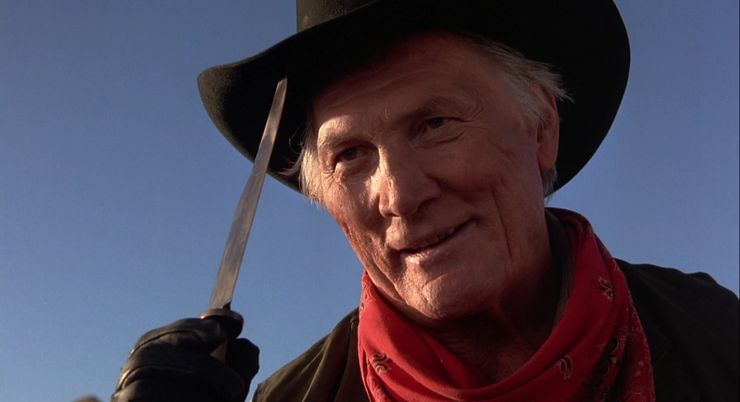
Billy Crystal is undeniably a national treasure. Here, he shines in a forthright and intelligent comedy about a group of friends who confront their issues together.
True, much of the film indulges jokes about the men being fish out of water. But even when the film resorts to slapstick material, it always feels inspired and joyful. And the story approaches serious themes in a plausible way for a group of guys, which is no small feat.
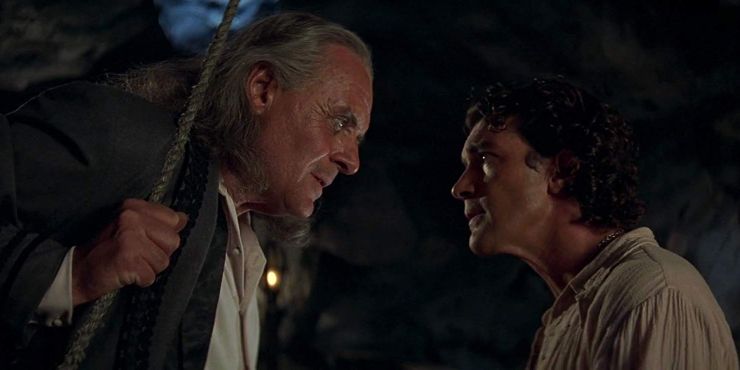
While an entire generation might recognize Antonio Banderas for voicing Puss in Boots, he was only reprising an iconic role. This swashbuckling blockbuster consistently entertains with comedic action sequences and a playful romance.
However, this maintains an interesting balance with an utterly grounded revenge plot. The grandiose vendettas are taken very seriously, which allows for deeper investment in all of Zorro’s adventures. The ensemble cast all has great chemistry, particularly the mentorship between Anthony Hopkins and Antonio Banderas.
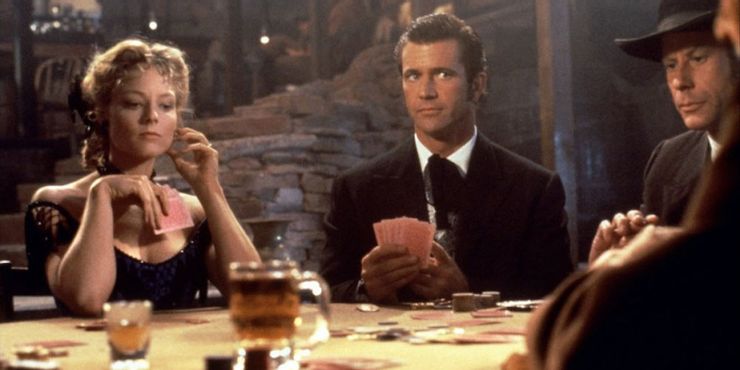
A buoyant comedy from director Richard Donner, whose collaborations with Mel Gibson are most famous for the beloved Lethal Weapon franchise. This brisk comedy adapts the old television show with distinct enthusiasm.
Its winking humor should be fun for fans of the genre, sending up many familiar beats while emphasizing poker and romance. The overall tone carefully walks the line of enjoyable silliness without leaning into awkward absurdity. And the all-star cast clearly has a great time doing so, including James Garner himself from the original show.
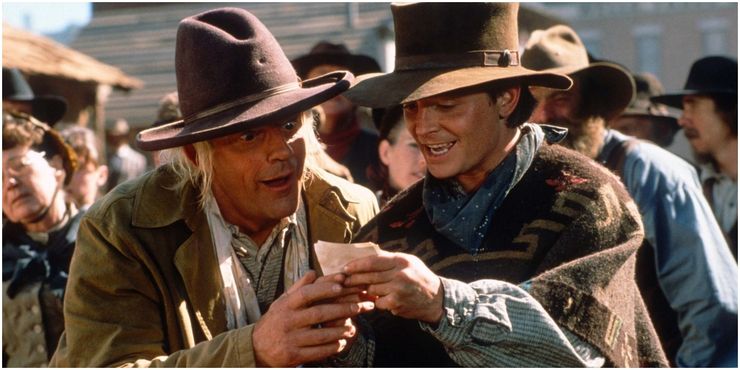
A fitting end to the memorable sci-fi trilogy, delivering on every promise that part two had confidently left open-ended. The recurring jokes still work, including every twist of context. Marty relives familiar, bizarre moments in hilarious new ways. However, the story itself expands into superb new territory.
Doc’s central romance is truly endearing, and Marty’s rescue mission sustains a sense of urgency throughout. Better still, Marty faces himself once more, overcoming a crucial approach to bullies. Although fans lose the iconic DeLorean, there is a tremendous sense of progress and closure.
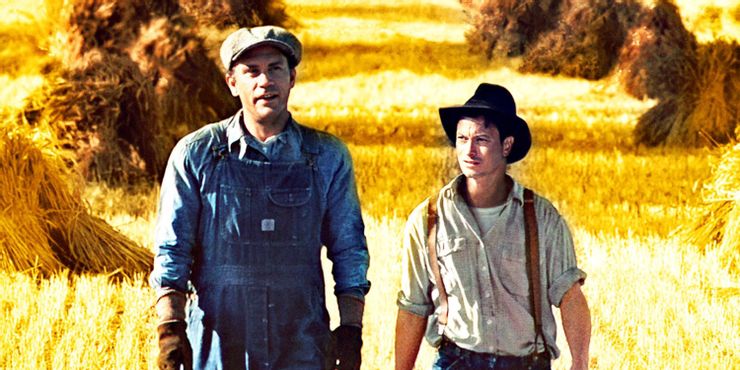
Adapting the work of celebrated author John Steinbeck is no small task, particularly given the sensitive subject matter. However, the film is a tasteful translation that captures the essence of the source material and its profound themes.
Because Steinbeck’s novel is so potent and intelligent, there have been countless adaptations, many of which have been well-received. These are daunting shoes to fill, but Gary Sinise both directs and stars in the film with great success. Further still, John Malkovich deftly handles what could easily be a controversial role.
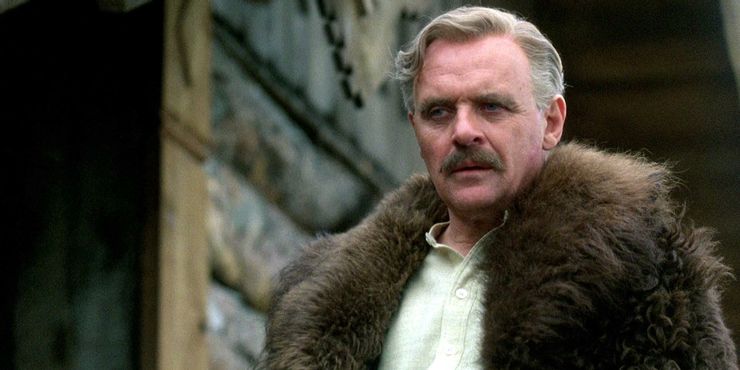
Director Edward Zwick has consistently proven a skillful enthusiast for sweeping historical drama. Just a few years after tackling America’s Civil War, this film delves into the 1900’s and the effects of World War I.
It is another period piece with epic themes, which are made tangible and accessible by poignant human drama. Anthony Hopkins is magnetic as always, and the film actually showcases some of Brad Pitt’s best work, free of his typical humorous tough guy.
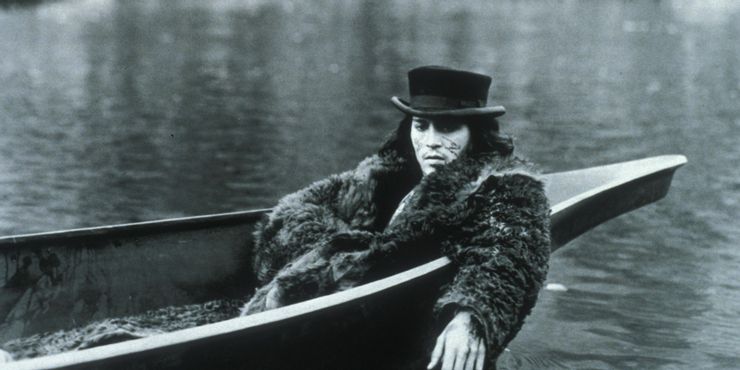
Director Jim Jarmusch consistently makes a very particular kind of film, and while they aren’t always accessible, they are certainly creative. This is another bold drama with quirky humor, which mainly uses its genre as a vehicle for intimate conversations.
Much like Jarmusch’s approach to vampires, the genre at hand feels both directly influential and totally interchangeable for the story. Jarmusch again triumphs in the arthouse tone, handling a surreal mood that could have otherwise felt tedious.
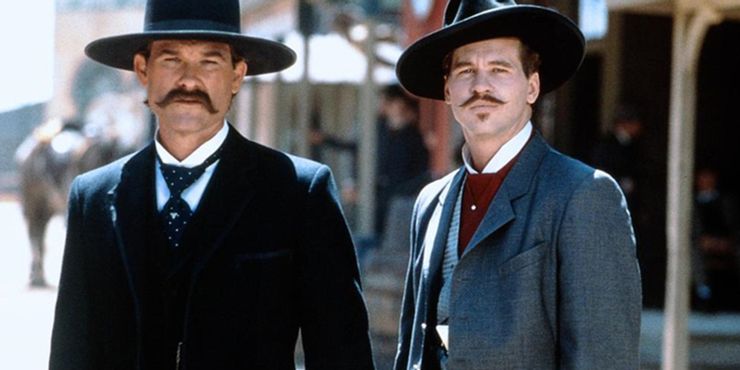
This remains one of the definitive westerns of all time, wherein cowboys and violence are actually vilified rather than celebrated. Instead, this film favors the law, with protagonist Wyatt Earp. His family and friendships are prioritized over typical western fare.
Kurt Russell is totally convincing and charming, and he’s accompanied by a shockingly large cast of exclusively brilliant actors. Every face is instantly recognizable, and everyone delivers an iconic performance. Most notably, the film maintains a tremendous sense of fun without sacrificing enjoyable drama.
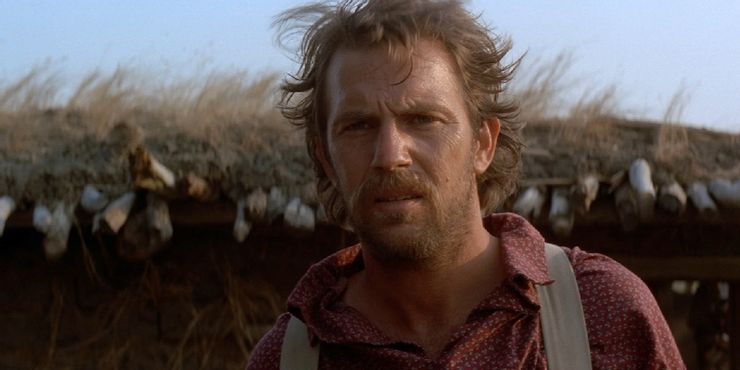
This is likely the greatest influence that breathed new life into the western genre. While the “white savior” issue is familiar, as with The Last Samurai and so forth, Kevin Costner’s film was at least an olive branch for audiences who would otherwise avoid such conversations.
The film seemed to have good intentions, even including Lakota dialogue, and distinctly kindled revisionist habits in subsequent westerns. Further, the drama feels sincere in and of itself, and holds up surprisingly well.
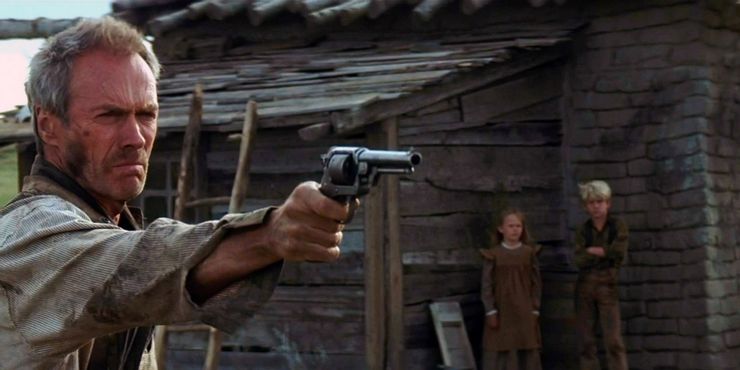
Possibly Clint Eastwood’s reigning masterpiece, the film predominantly explores the psychological aftermath of violence. However, it also addresses the concept of legends, as it pertains to the western itself, with unprecedented honesty. Eastwood approaches the western genre with such passion and understanding, that it might possibly go unrivaled.
Because the story is simple enough, the drama has room to breathe. The characters are vibrant and compelling, every bit as realistic as their environment. Eastwood smartly removes the glorification of the entire setting, making it more immersive and engaging than ever.


